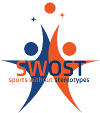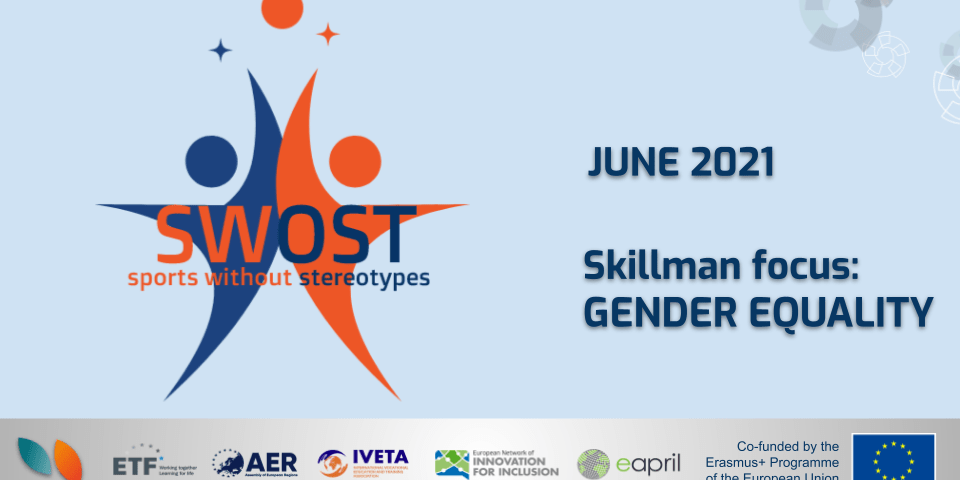In today’s world, could we shift traditional gender relations in sports that have traditionally privileged men, and fight gender inequality in sport?
We believe it is a very hard question, but we definitely know that in order to make a change towards gender equality we need to start taking massive actions on a grassroots level and then moving on to the elite level.
Recent studies conducted by Monash University and Victoria University show that girls and women felt devalued within sports clubs through ongoing micro-practices, including difficulties gaining access to quality facilities, poorer training times, less recognition on club’s social media, and lower recognition of their achievements and successes.
The study utilized the spatial and feminist theory to illustrate that, despite the club’s efforts to change gender relations, men who are able to embody dominant forms of masculinity (i.e., high ability and able-bodied) continue to be privileged within the club environment. The article highlights the importance of spatial analysis in illuminating the ways in which various micro-level practices preserve dominant gender relations within community sports. The findings reinforce that although a greater number of women and girls are participating in community sport, this alone is not significantly reshaping gender relations. Policies seeking to promote gender equity in sport need to enforce changes in club environments in addition to focusing on increasing women’s participation.
On this ground, the SWOST project was launched under the frameworks of the Erasmus + Sport programme.
SWOST aims at leading a tangible social transformation in the mindset of European sports organizations at all levels in increasing people’s awareness of gender stereotyping and discrimination. The ultimate output of the project is the creation of a set of online tools that provide self-assessment and guidance for sports clubs and associations to improve their gender behaviors, regulations, and policies.
In particular, the project addresses the cross-sectorial cooperation of 11 partners in 9 countries, in order to achieve the following objectives:
- Promote and increase the participation of males and females in sports typically categorized as “gender-based sports”, with a specific focus on young people;
- Empower the skills of youngsters, by raising awareness and consciousness in their sports choices, uproot gender stereotype perceptions, which could influence young people and their families in the selection of a sport to practice;
- Underline successful cases, share the experiences and the effective best practices of sports associations in the field of gender mainstreaming;
- Create a self-assessment online tool able to guide sports associations. The online tool will redirect users – in a customized manner – to existing tools, good practices, and resources applied in other geographical or sectorial contexts, also with important goals of progressive networking and capacity building of the actors involved at all levels;
- Monitor and improve the state of the art of gender policies used by European sports associations and the beneficiaries of the Sport without Stereotypes/SWOST project;
- Raise awareness about homophobia and gender-based violence that happens in sports clubs.
Find out more on swost.eu
Resources: Gender Relations, Gender Equity, and Community Sports Spaces, Ruth Jeanes, Ramòn Spaaij, Karen Farquharson, October 2020.



